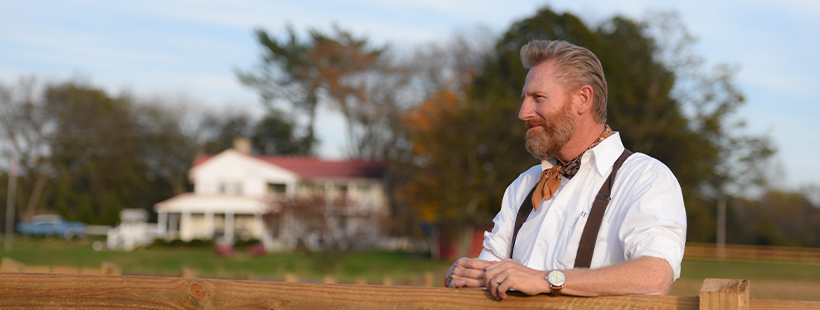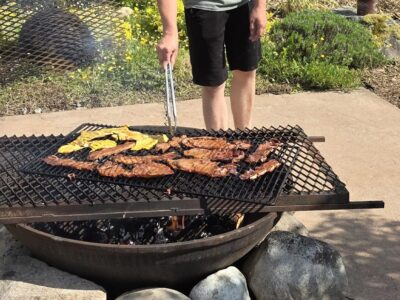Come enjoy 45 minutes with Rory Feek as he encourages us all to look deeper at finding those connections with the faith, family and friends in our lives.
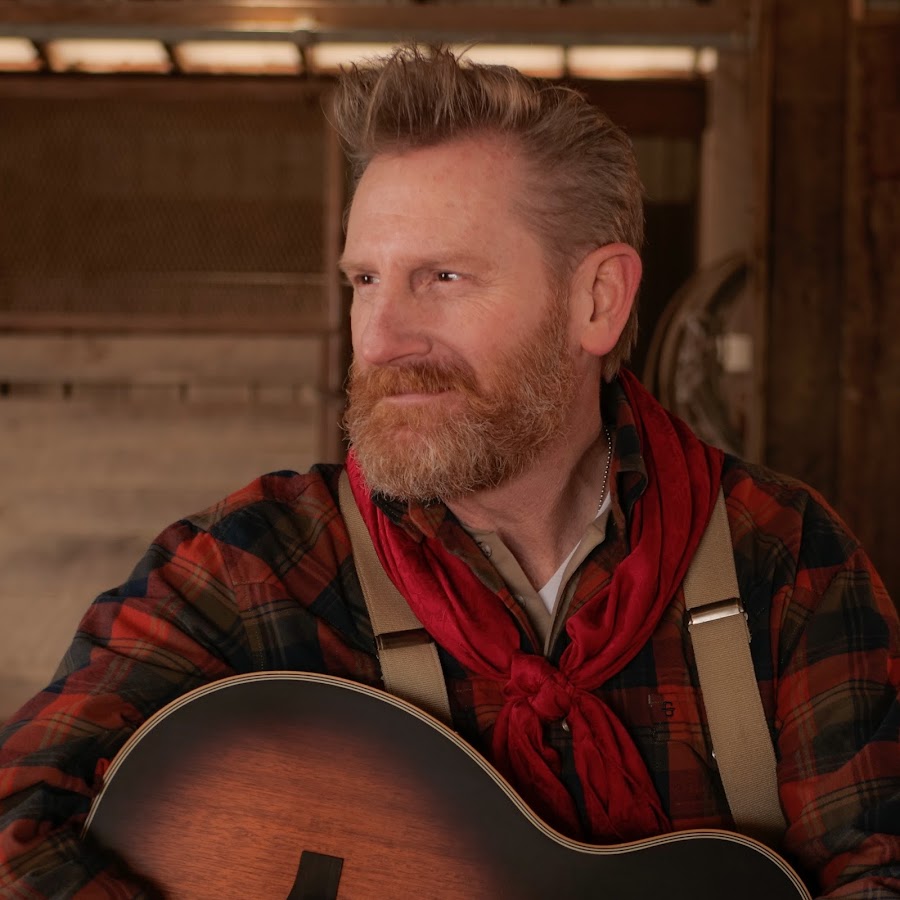
Welcome to episode #373 of the Pioneering Today Podcast. You’re in for a treat in this podcast as I’m sitting down with Rory Feek, being inspired by what inspires him for 45 minutes!
For any links mentioned in this podcast or where you can find Rory, keep reading to the end of this post.
About Rory Feek
Most people in the homesteading world know who Rory Feek is. With the creation of the Homestead Festival, homesteaders across the country flocked to Hardison Mill to learn from countless homesteaders on various topics.
But before Rory was known for his homestead, he was known as Joey+Rory, a country music duo that recorded dozens of popular country songs.
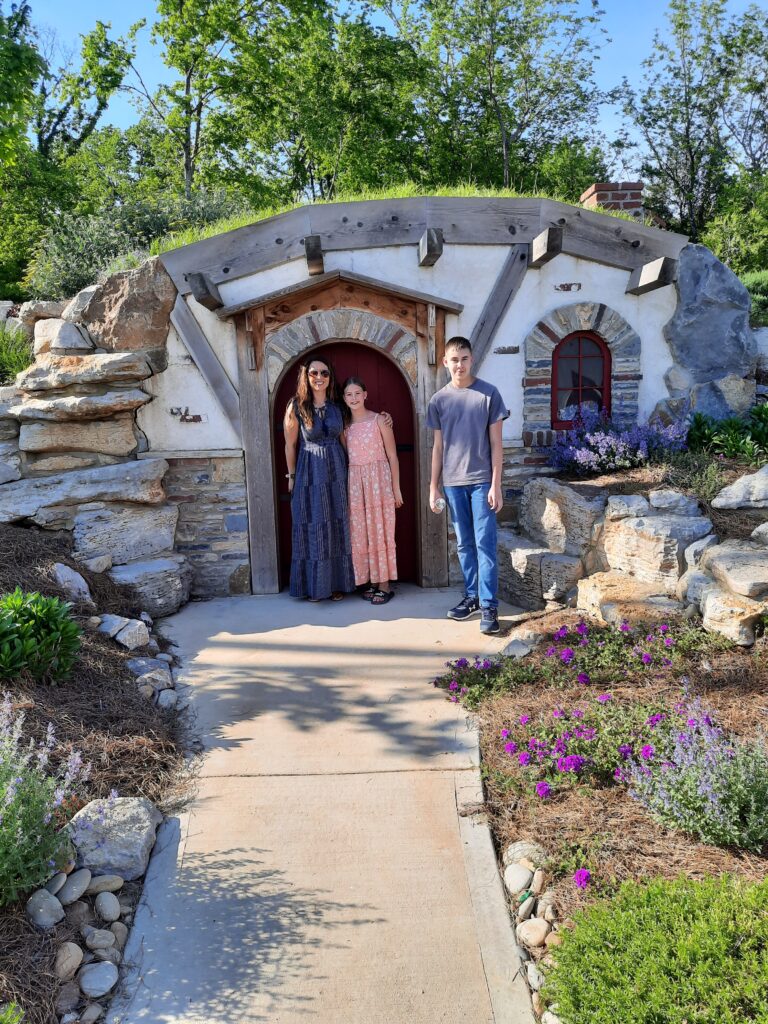
Rory’s One-Year Challenge
If you were fortunate enough to be among the thousands who went to the Homestead Festival last year, you know just how special these events can be. Connecting with homesteaders, making friends, learning new skills, and, most importantly, being inspired by like-minded people is incredible.
It’s for this reason that Rory has actually taken on a one-year challenge along with his daughter Indiana where they’re completely unplugged for an entire year.
Over the past few years, Rory and his team have been busy creating and launching events like the Homestead Festival, doing monthly concerts at the concert hall on his farm, and even launching a TV network called the “Homestead Channel.”
But through all this, Rory saw a need to unplug and connect to things in a deeper, more meaningful way. So he’s taken the past five months off from all social media and anything online. He even has a flip phone and no longer sends text messages.
His desire is to prioritize family life and connect on a deeper level with his faith, his family, his friends, his farm, and the people in his life.
When Rory told me what he was doing, there was part of me that wondered what my life would be like if I took a break from anything “online.” In fact, Rory shared that it’s amazing how often when people see Rory with his flip phone they make comments like, “Awe, that’s the dream right there!” But the difference is simply that Rory has done it, and we haven’t.
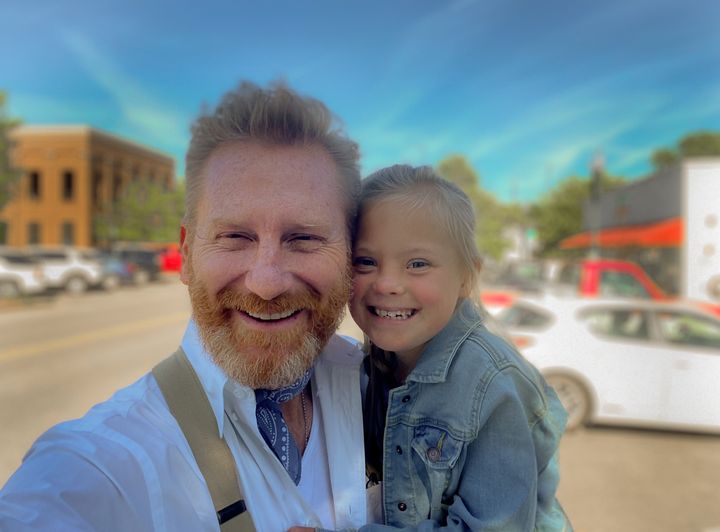
Finding Deeper Connection
For myself, I can’t help but think about how many amazing people the internet has allowed me to connect with. People I would have never met otherwise, or that I wouldn’t be able to keep in touch with (as easily).
Rory says that taking time away from the Internet enables us to have more time to connect to our actual neighbors. To be present with those who are right in front of us, instead of constantly being pulled by the “people” in our pockets.
Speaking for myself, if I’m completely honest and transparent about how often I sit scrolling mindlessly on my phone. There really is more time in the day to create margin in my life to focus on projects, other people, family, friends, faith, and deeper connections for each of these.
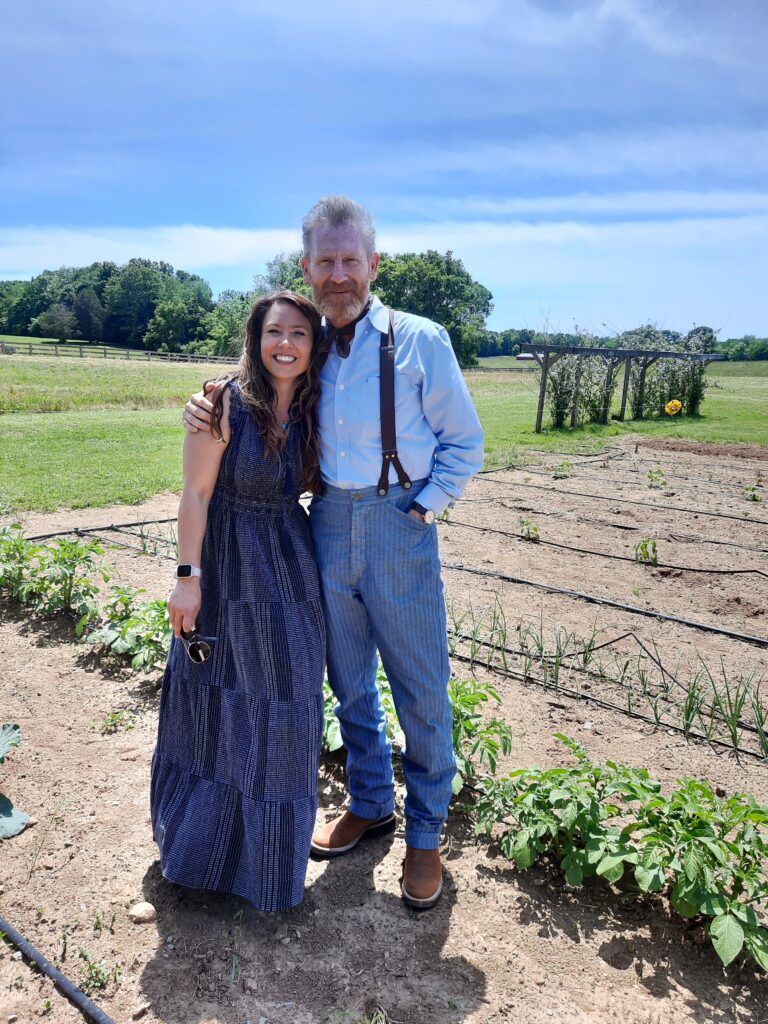
How the Homestead Festival Started
The Bib & Buckle Fest was something that Rory and his wife used to do on their homestead. But they stopped in 2013, and Rory’s wife passed away in 2016.
A few years ago, Rory was thinking about how they needed to have a festival again on their homestead, and last year was the very first Homestead Festival, where there were dozens of speakers, concerts, and hands-on learning experiences for homesteaders across the country.
Rory remembers a time when he and Joey started having big music success and they found themselves in Vegas surrounded by their music heroes. They were about to have their names called for some nomination or another, and when Rory looked at his wife, she said, “What does all this even mean? What does it even matter?”
That thought has stuck with Rory, and he’s implemented this when planning his Homestead Festival. He wants people to leave feeling motivated, inspired and filled with a purpose.
The next Homestead Festival is June 2nd and 3rd, 2023.
The Homestead Network
Next, Rory has been working with a team on creating a Homestead Network. Ironically, Rory moved away from being online just at the same time as this app and network were launching. But he knows it will reach people where they are, even if it’s not something he utilizes.
He knows the internet isn’t going away, and he wanted to create something that was a little more unique. Something with a conscience, not just something to take your money.
In fact, Rory chuckled as he shared their ad breaks which say, “Thanks for watching the Homestead Network, now don’t be afraid to turn this off and spend some time with your family.”
This network is filled with content that’s inspirational and something that might encourage you to do something inspiring with your own life as well.
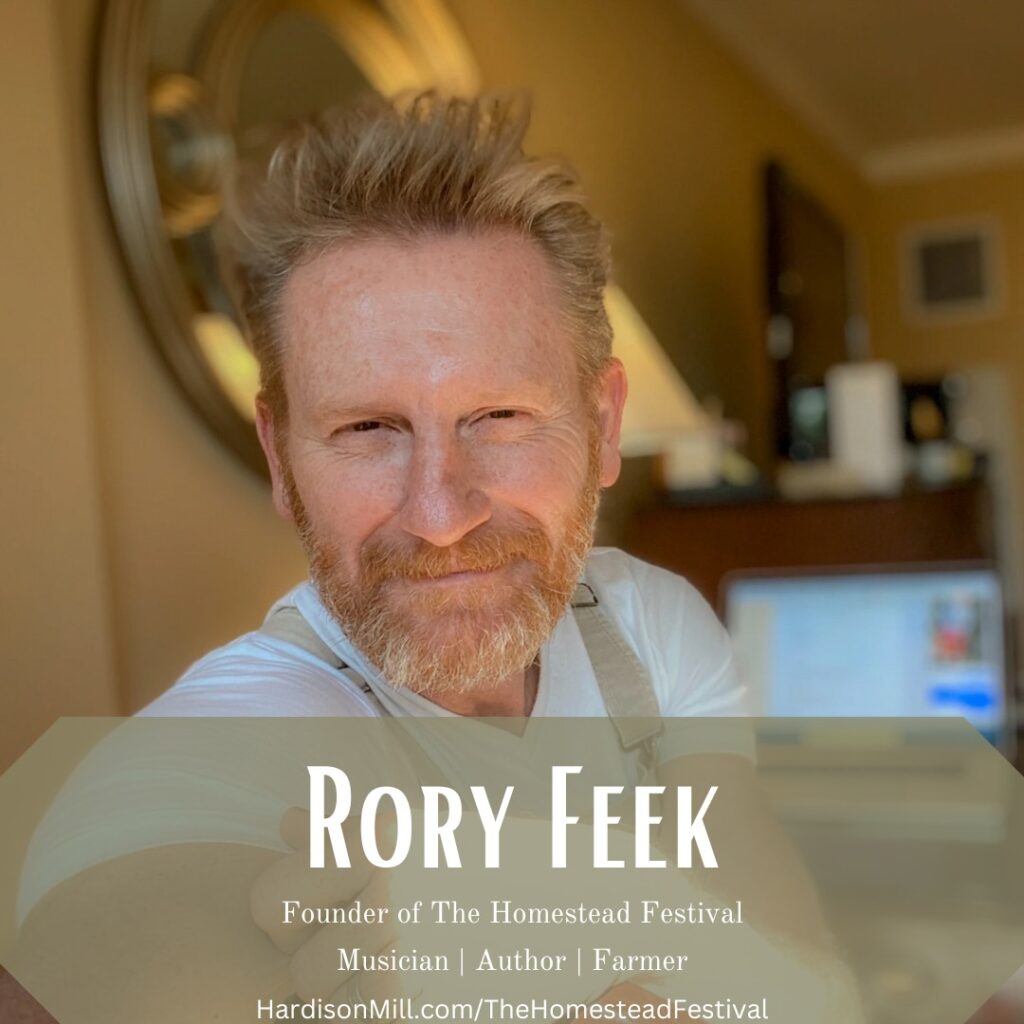
What’s Next for Rory
On a regular basis, Rory has been doing monthly concerts on his farm. But in January, he was inspired to change things up a bit and do more speaking events. A time where he can share encouragement, almost like a TedTalk, only Rory calls them a “homestead talk.”
He wants to share his love of story telling and thinks this will be the perfect opportunity.
You can check out Rory’s website for more information on what’s coming up at the Homestead Hall.

Where to Find Rory Feek
You can find Rory Feek almost anywhere (although you may not be able to get in touch with him directly unless you go to his farm, or somehow come across his phone number! 😉
- YouTube
- Rory’s Website
- The Homestead Festival
- The Homestead Network
- Homestead Music Hall
I’m so excited to announce that Rory Feek will also be coming to The Modern Homestead Conference. This is the first homestead conference held here on the West Coast and it’s this June 30-July 1st in North Idaho. So if you’d like to come see Rory in person, be sure to check out the Modern Homestead Conference and grab your tickets while they’re at their early bird prices.
[fusebox_transcript]
